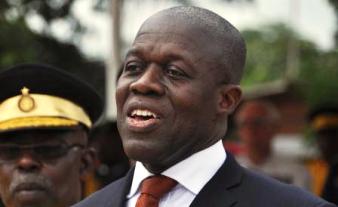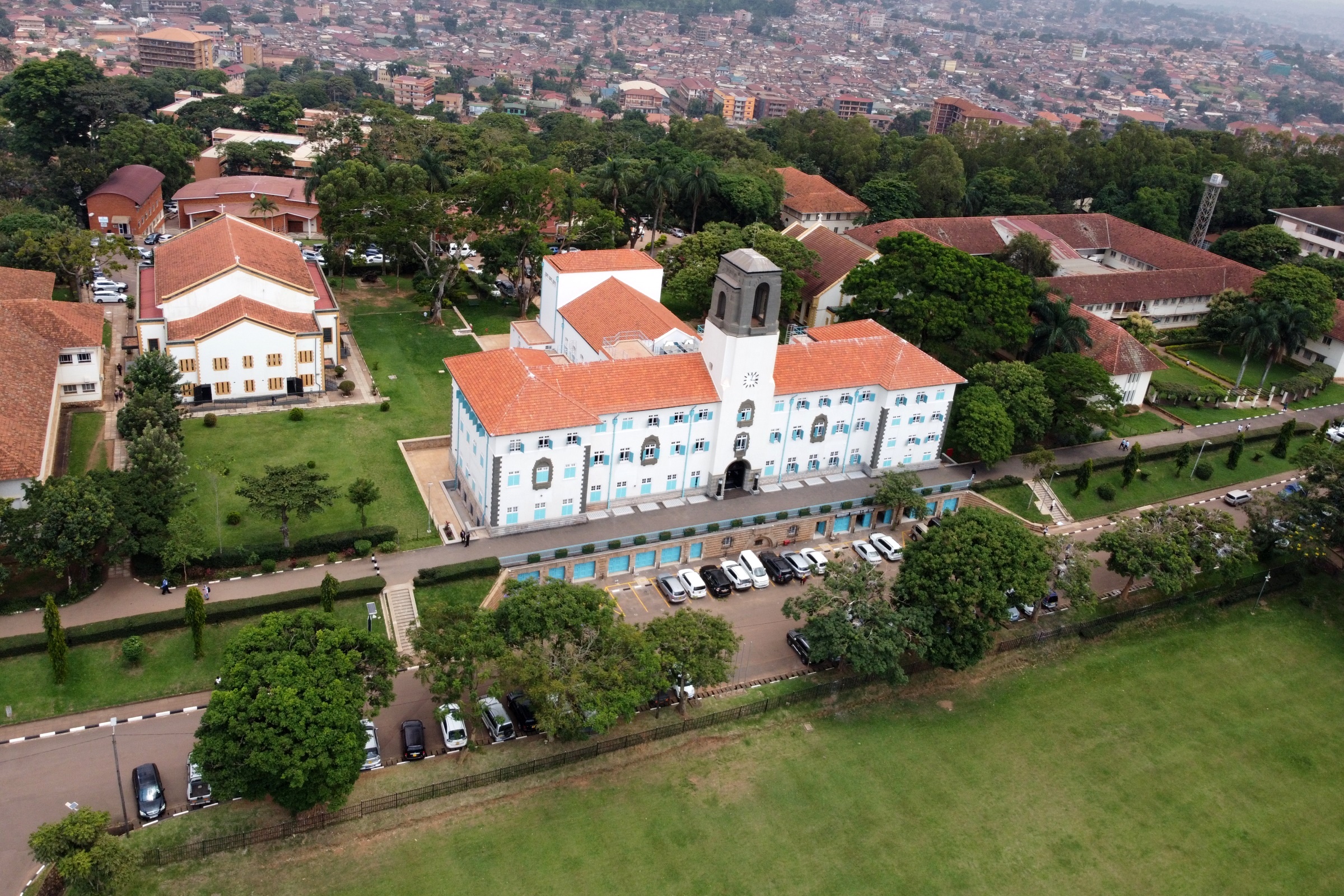The President of Ghana H.E John Dramani Mahama has challenged African governments to give more money to their universities to be able to carry out more applicable research.
President Dramani Mahama made the call in a speech read for him by the Vice President H.E Kwesi Bekoe Amissah-Arthur (pictured) at the official opening of the 6th Africa Agricultural Science Week and Forum for Agricultural Research in Africa (FARA) General Assembly running from 15th – 20th July at Accra International Centre, Ghana.
President Dramani Mahama said that if African governments funded research and innovations in African universities, this would increase agricultural production thus ensuring food security and poverty reduction on the continent.
The conference is being held under the theme “Africa Feeding Africa through Agricultural Science and Innovations.”
President Dramani Mahama said that his government’s spending on agricultural research and development has deliberately more than doubled in the last ten years adding that this has increased food production, made food more affordable for Ghana’s citizens, reduced inflation and spurred economic development.
Delivering the keynote address, the President of the International Fund for Agricultural Development (IFAD), Dr Kanayo F. Nwanze noted that small farms accounted for eighty per cent of all farms in sub-Saharan Africa and contributed about ninety per cent of agricultural produce.
He said successful small farms could create vibrant rural economies with a range of non-farm enterprises, providing a variety of jobs, decent income and food security on the continent.
With over 35 years in focusing on poverty reduction through agriculture, rural development and research, Dr. Nwanze challenged African leaders to take the many opportunities that modern day agriculture presented to the continent.
He noted that Africa has the largest share of the world's uncultivated land with rain-fed crop potential, adding that the interest of foreign investors to capitalize on the untapped potential of the continent's fertile lands needed to be a source of worry to nations.
The Commissioner for Rural Economy and Agriculture, African Union Commission (AUC) Mrs. Rhoda Peace Tumusiime called upon African countries to strengthen partnerships that would provide the needed resources and technologies to support farmers on the continent to boost food production.
Mrs. Tumusiime said such partnerships are critical to ensure that farmers are well equipped with the right farming practices, through technological innovation, storage and market accessibility.
She said because the need and demand for food is critical in the world, food production must be given a boost by all member countries.
Mrs. Tumusiime pledged that the African Union with its commitment to transform the income of all Africans, would continue to support, particularly, small scale farmers and women farmers with the technologies in improving food production. She challenged African universities to come up with innovations and technologies that can empower farmers.
The week-long event, being attended by about 1,200 delegates, including ministers of agriculture, science and technology, researchers, farmers, extensionists, civil society, development partners and Universities. Uganda’s State Minister for Agriculture Prof. Zerubabel Nyiira, Makerere University’s Prof. Samuel Kyamanya, Prof. David Kabasa, Prof. Elly Sabiiti, Prof. Moses Tenywa Makoma and Dr. Donald Koganza among others are attending the conference. Others include Executive Director RUFORUM Prof. Adipala Ekwamu and his staff.
The 6th Annual Science Week, and the range of events taking place alongside it, play a critical role in responding to burning issues in African agricultural Research and development. The recommendations emanating from the conference will take center stage in shaping Africa’s agenda for food security, poverty reduction and economic development over the next three years and will also contribute to global initiatives for African development for the post MDG era.
FARA is an apex organization bringing together and forming coalitions of major stakeholders in agricultural research and development in Africa. It is a strategic platform that fosters continental and global networking to reinforce the capacities of Africa’s agricultural science and innovation community from research, education and training, extension and civil society engaged in agriculture.
At the same event, FARA honoured President John Dramani Mahama with the Africa Award for Excellence in Food Security and Poverty Reduction at the same programme on Thursday.
Story by Jovia Musubika Kavulu, Jane Anyango and Agaba Issa Mugabo
Related Articles
Makerere Shines in Accra as 6th AASW Kicks Off
Makerere's AFRISA Model excites 6th FARA Conference Participants
Photo Courtesy Graphic Online

 General2 weeks ago
General2 weeks ago
 General2 weeks ago
General2 weeks ago
 General5 days ago
General5 days ago
 Natural Sciences5 days ago
Natural Sciences5 days ago
 Health7 days ago
Health7 days ago



